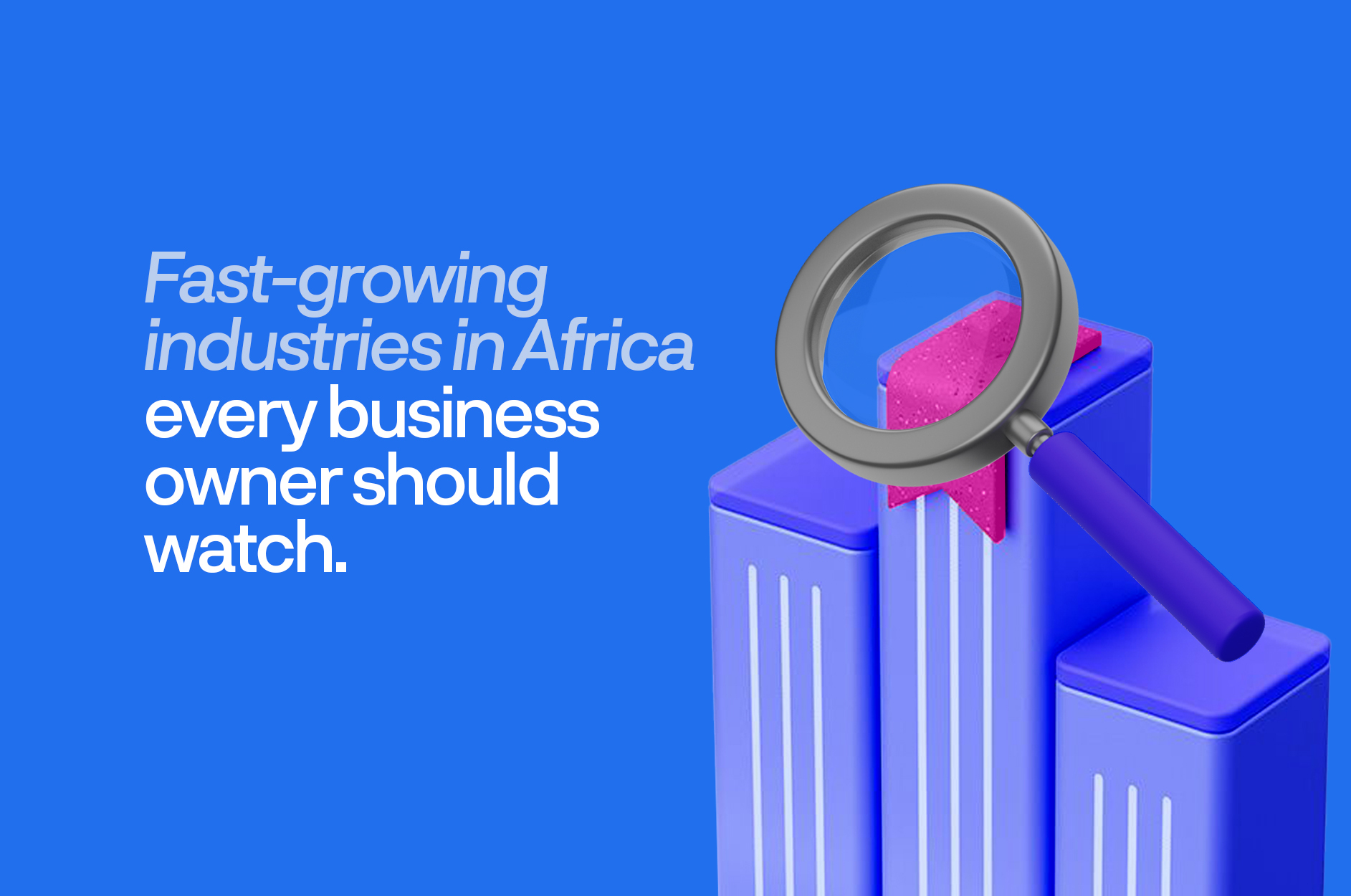For small businesses across Africa, growth depends on more than a strong product or service. Access to capital is often the deciding factor in how quickly a company can expand operations, improve efficiency, or explore new markets. Without adequate funding, even businesses with sound strategies may struggle to scale.
The funding environment on the continent is broad and increasingly diverse. Entrepreneurs are no longer limited to a single route. There are multiple avenues available. What matters most is preparation and understanding which option best fits the stage of your business. Here are 5 smart ways to access funding as a small business in Africa.
1. Traditional Finance through Banks and Microfinance Institutions
Conventional finance remains an important route for many businesses. Commercial banks and microfinance institutions provide loans that can support expansion, working capital, or equipment purchases. While requirements such as collateral, credit history, and registration can feel like barriers, they serve as signals of accountability to lenders.
To access this type of funding, businesses should focus on building strong financial records. Organised statements, consistent cash flow management, and a clear repayment strategy demonstrate credibility. Entrepreneurs who take the time to formalise their operations often find that they are better positioned to negotiate with financial institutions.
2. Grants and Development Programs
Across Africa, development agencies, NGOs, and governments continue to support entrepreneurs with grant opportunities. These funds are typically directed toward sectors that address essential needs, including agriculture, renewable energy, healthcare, education, and women-led businesses.
Grants do not require repayment, which makes them attractive. However, the competition is high, and funders are looking for measurable impact. A strong application should highlight the business model, the specific problem being solved, and clear evidence of how the funding will be used to create long-term value. Entrepreneurs who dedicate time to researching opportunities and aligning with funders’ goals are more likely to succeed.
3. Venture Capital and Angel Investors
Equity financing is expanding rapidly across Africa. Venture capital firms and angel investors are drawn to businesses that can scale quickly and deliver high returns. For entrepreneurs, this route often requires giving up a share of ownership in exchange for capital, mentorship, and access to networks.
The process begins with building a compelling pitch. Investors look for clarity in the problem being solved, the size of the market, and the team’s capacity to execute. Financial projections, a well-defined growth strategy, and evidence of traction also carry significant weight. For businesses that are ready to scale aggressively, venture funding can provide not only money but also valuable strategic support.
4. Crowdfunding and Community-Based Funding
Digital platforms have created new opportunities for African businesses to raise funds directly from supporters. Crowdfunding works especially well for consumer-driven businesses, creative projects, and social enterprises with a strong narrative. Beyond financial contributions, it helps to cultivate a community of early adopters who become long-term advocates.
Successful campaigns require careful planning. Clear communication of the business vision, transparent use of funds, and consistent updates are key. Entrepreneurs who engage with contributors and build trust often find that crowdfunding brings both capital and brand loyalty.
5. Corporate Partnerships and Strategic Collaborations
Large companies across Africa are increasingly interested in supporting smaller businesses. Telecoms, fintech firms, and other corporates have set up programs that provide funding, mentorship, and access to established distribution networks.
For entrepreneurs, this represents an opportunity to think creatively about collaboration. By aligning with the goals of bigger companies, small businesses can access not only financial support but also resources that accelerate growth, as these partnerships often go beyond transactions, leading to knowledge exchange and long-term relationships.
6. Learning from Investors Directly
Securing capital is not only about identifying the right source. It also requires a deep understanding of what investors value. At Raenest Exchange 2025, this discussion will take centre stage in the panel What Investors Want: Cracking the Code on Funding in Africa.
The panel will feature:
- Kola Aina, Founding Partner at Ventures Platform, who has backed some of the continent’s most innovative startups.
- Lexi Novitske, General Partner at Norrsken22, with extensive experience investing in high-growth companies.
- Gbenga Ajayi, Partner at QED Investors, with a focus on fintech and digital transformation across Africa.
- Tage Kene-Okafor, journalist at TechCrunch, who has covered Africa’s funding stories with insight and depth.
This conversation will give entrepreneurs rare access to perspectives from both investors and those who analyse the funding ecosystem. It is a chance to learn what makes a business attractive, what red flags to avoid, and how to position for long-term investment.
Final Thoughts
The search for funding in Africa can be complex, but it is also filled with opportunity. Entrepreneurs who prepare thoroughly and choose the right financing route stand a stronger chance of building sustainable businesses.
Platforms like Raenest Exchange make the process more accessible by bringing entrepreneurs into the same room as investors, thought leaders, and industry experts. They create spaces where knowledge and capital meet ambition. For small businesses ready to scale, the responsibility lies in preparation, while the opportunity lies in being present where conversations about the future of funding are taking place. If you have not RSVPed, this is your chance to.








